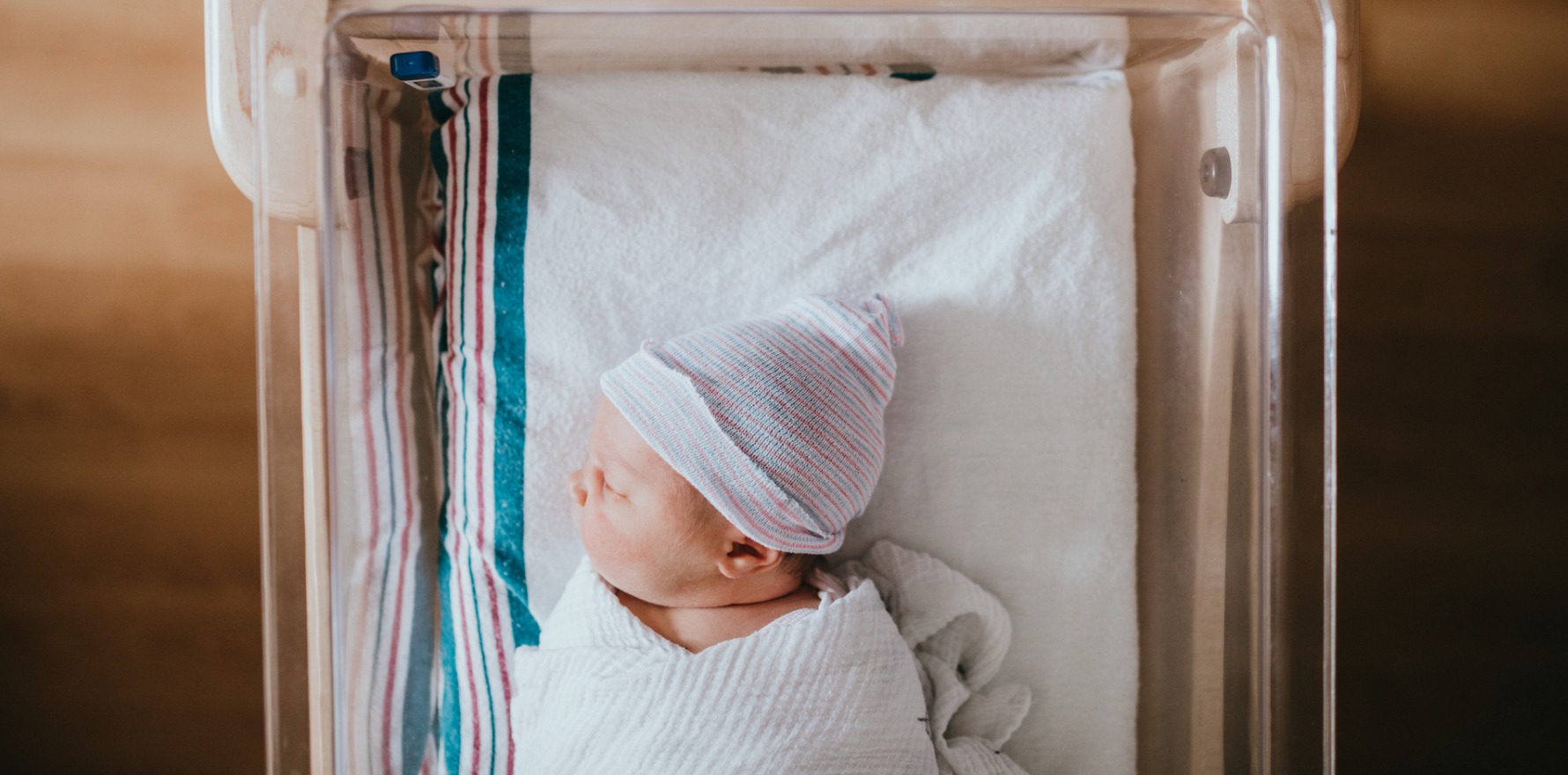Women who have had an induced labour or assisted vaginal birth also have higher odds of postpartum depression.
Postpartum depression is higher in women with bad memories of childbirth, or a history of induced labour or operative vaginal delivery, research suggests.
The French study of 2800 women who had given birth found that one in 10 had postpartum depression at two months, and those with bad memories of childbirth had 2.5 times higher odds of postpartum depression symptoms.
“Our study highlights the potential effect of some obstetrical events on the occurrence of postpartum depression; these include induction of labour, operative vaginal delivery, and postpartum haemorrhage,” the researchers said in the American Journal of Obstetrics and Gynecology.
Asking new mothers about their memories of childbirth could help identify women at risk of postpartum depression who might benefit from early intervention, they said.
“These results should prompt perinatal care providers to increase their attention to the mental health of women undergoing induction of labour, operative vaginal delivery, and likely also postpartum haemorrhage.
“Our study confirms the potential value of a simple question (ie, ‘Today, what are your memories of your childbirth?’) to postpartum women to target those at high risk who may benefit from self-administered screening with the Edinburgh postnatal depression scale or early intervention.”
Participants across 15 hospitals answered a questionnaire two days after giving birth and another at two months, which included prompts such as: “Today, what are your memories of childbirth?”
The five-point scale ranged from ‘excellent’ to ‘very bad’.
The researchers said 10% of participants had a diagnosis of postpartum depression, which was defined as a score of more than 13 on the Edinburgh postnatal depression scale.
Bad memories in the immediate postpartum was linked to a 2.5 times higher odds at two months, while the odds after induced labour or operative vaginal delivery were 50% higher.
Both women under age 25 and over age 29 had 80% higher odds of postpartum depression compared to women aged 25 to 29.
The odds were also 40% higher in women who had a previous abortion, 55% higher in those who had postpartum haemorrhage of more than 1000mL and three times higher in those with a psychiatric history.
One in 25 participants had psychiatric comorbidities, mostly a history of depression.
More than half the women were nulliparous, 20% had had a previous miscarriage and 12% had had a previous abortion.
The researchers also found that 25% of women with a provisional diagnosis of postpartum depression had bad memories of childbirth on day two after delivery.
Women who had migrated from North Africa had almost three times the odds of postpartum depression. The researchers said that was “consistent with previous research describing impaired perinatal mental health in women from low- and middle-income countries”.
“A screening approach that targets risk factors and the use of a simple question to assess memories of childbirth may help to identify women at risk of postpartum depression who could benefit from early intervention.”
American Journal of Obstetrics and Gynecology 2023, online 14 November






